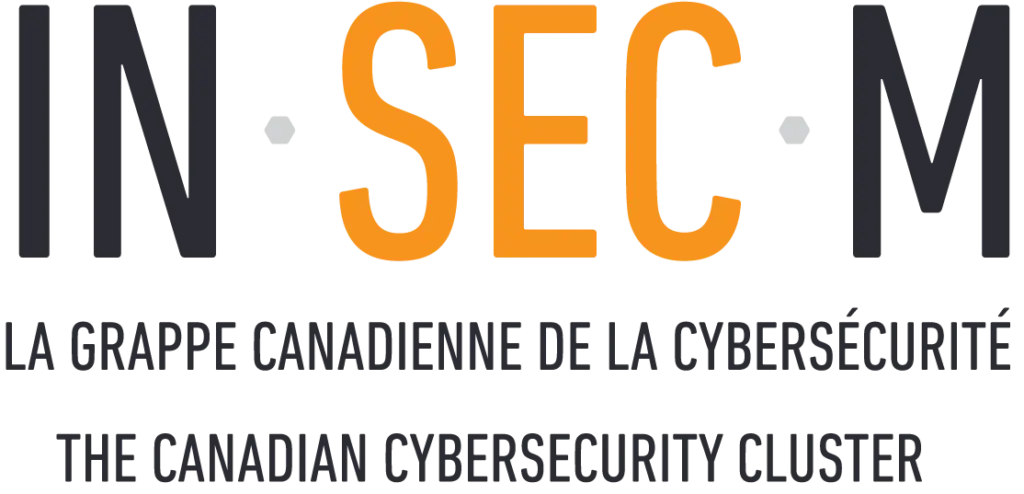Q&A with Jiri Fiala, Founder/CEO
Pitch your company to us as if we’re an individual or organization that thinks cybercrime is “someone else’s problem.”
The problem we solve is that exact one: too many organisations think cybercrime is “someone else’s problem.” It’s a belief that holds until the day it does not, which is: the day regulators, customers, or partners are at your door.
Cybercrime is never isolated; one breach ripples through entire ecosystems. PrivID makes breaches irrelevant. Even if someone breaks in, the data they get is mathematically useless. That means no public leaks, regulatory fines, or fallout spreading through your supply chain.
You cannot stop malicious attempts, but with PrivID you can make sure attackers walk away empty-handed.
Given that cybersecurity risk is global, where do Canadian companies fit in? What can we do better than anyone else?
Canadian companies are trusted globally. We have strong research talent and operate in a regulatory environment that often forces us to build to the highest standards. This combination means we can punch above our weight, especially in areas where trust and compliance are non-negotiable.
What Canada does better than anyone else is turning that trust into exportable technology. Instead of just following American or European models, Canadian firms can build solutions that are both globally interoperable and locally sovereign. Cybersecurity is no longer just about walls and firewalls; it is about cryptography, data autonomy, and resilience at scale.
PrivID proves that Canadian teams can pioneer technologies (such as our Zero-Knowledge Proofs and Fully Homomorphic Encryption) and make them practical for defence, finance, and critical infrastructure worldwide. We show the world that Canadian innovation is not just polite — it’s unbreakable.
What’s the best question you’ve ever been asked about what you do?
The best question I’ve been asked came from the CEO of a major European technology company: “can this actually work in healthcare research and defence, including NATO?”
This question cuts straight to where the stakes are highest: in lives, national security, and research that shapes the future.
What changes have you seen in Canadians’ awareness of cybersecurity in the past five years?
Over the past five years, Canadians’ cybersecurity awareness has grown, but this has primarily been in reaction to attacks, rather than by design.
High-profile breaches, ransomware attacks on municipalities, and constant news about data leaks have made people understand that cybersecurity is not just an IT problem; it is a business and personal risk.
That said, Canada is still in catch-up mode compared to Europe, where regulation and enforcement have driven faster maturity. In Canada, awareness is there, but depth is often missing. People know cybercrime exists, but not how it actually impacts their supply chains, their data, or their compliance obligations.
Where and how do you want to see your product or service make an impact in the next five years?
In the next five years, we see PrivID becoming the cybersecurity backbone for the sectors where trust and resilience are non-negotiable: defence, healthcare, finance, and government. These are the domains where a breach can cost lives, destabilise economies, or undermine national security, and they require more than the legacy tools still being relied upon today.
Our goals are global. We are building technology that can protect sensitive research in Europe, safeguard critical infrastructure in North America, and secure government systems and financial networks in emerging markets.
Cybersecurity risk does not stop at borders, and neither will we.



